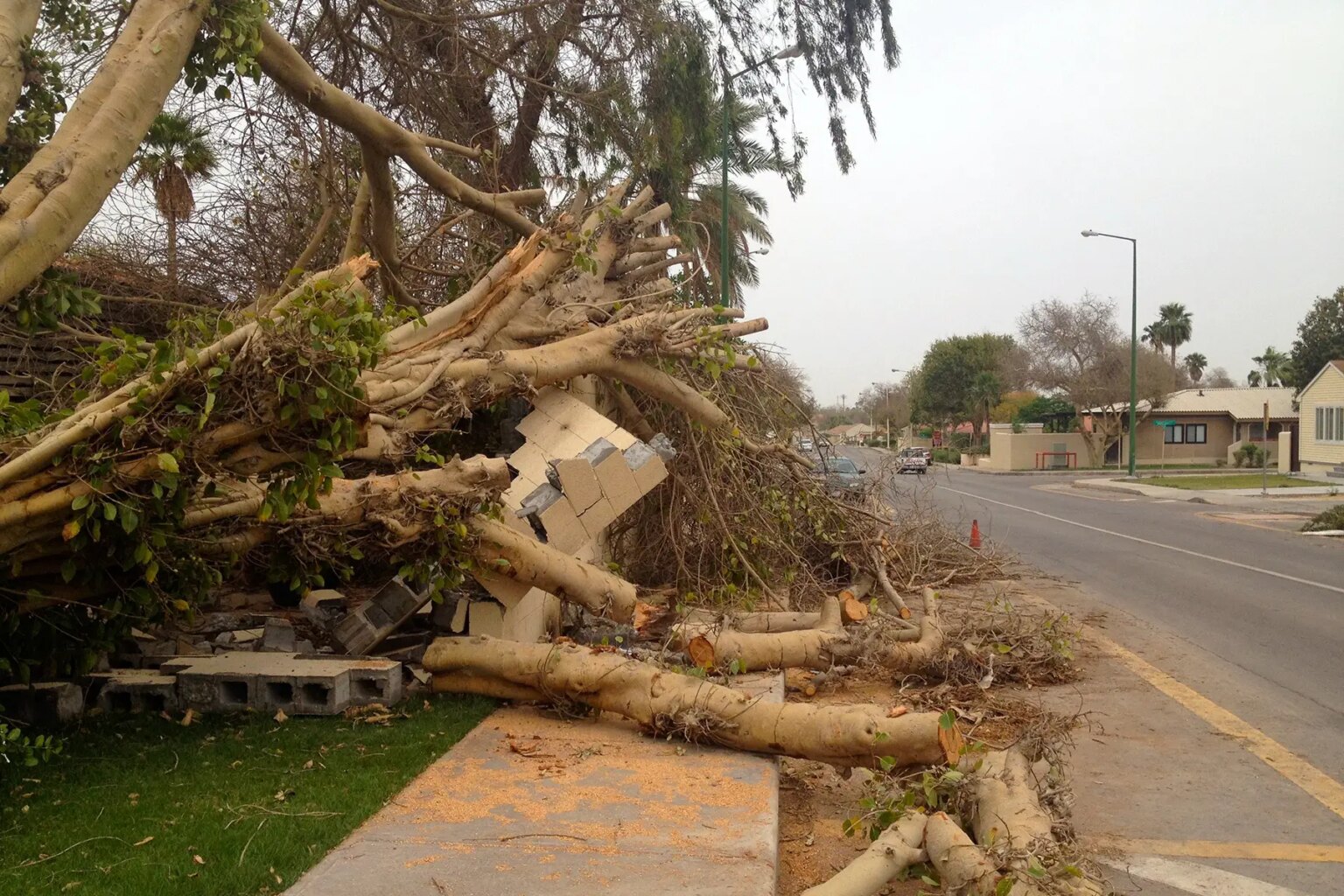The insurance industry in Saudi Arabia isn’t at the same level as it is in countries such as the US or UK. However, the market is growing and expats can choose from a range of products available to both individuals and businesses. This guide explains all you need to know about insurance in Saudi Arabia, and includes the following sections:
Overview of insurance in Saudi Arabia
Insurance is a fast-growing industry in Saudi Arabia. This growth is expected to continue as the population expands and more expats relocate to the country.

The structure of the Saudi Arabian insurance market is slightly different than in other Gulf countries. In contrast to neighboring Qatar, which is mostly dominated by a few big insurance firms, Saudi Arabia has a larger number of smaller publicly traded companies.
There are 34 Islamic insurance cooperatives in Saudi Arabia. In addition to this are larger international companies that offer policies including health insurance and life insurance. Tawuniya (national) and BUPA (international) are the two biggest firms by market share.
Market penetration for insurance in Saudi Arabia is still low, at 1.4% in 2017. This compares with an OECD average of 8.9%.
The Saudi Arabian Money Authority (SAMA) regulates the country’s insurance sector. No Saudi Arabian insurance associations or trade organizations exist.
Compulsory forms of insurance in Saudi Arabia
Car insurance
Already one of the biggest insurance markets in Saudi Arabia, motor insurance is predicted to grow in the coming years. This is largely due to the fact that Saudi Arabian women can now legally drive.

Under Saudi Arabian law, you must insure the vehicle, rather than the driver, against incidents involving the owner or authorized driver. All vehicles must have at least third-party liability insurance. This covers all costs incurred by third parties in any incidents.
You can purchase additional coverage, for example against loss or damage to your vehicle, up to a certain value. This is usually around SR 10,000. Alternatively, you can buy fully comprehensive insurance that covers all costs including fire, theft, and accidents that were your fault.
The maximum liability claims limit on all Saudi policies is usually SR 10 million. Annual premium costs will depend on vehicle value and driver profile. As a rough guide, third party liability starts at around SR 800 (approx. $215) and fully comprehensive at around SR 2,500.
Health insurance
All residents in Saudi Arabia must have health insurance and this is the biggest insurance market in the Kingdom. Whereas Saudi citizens have free public health insurance, expats must take out private health insurance.

This is often arranged through employers. Many private insurers in Saudi Arabia offer schemes for companies that cover multiple employees. However, if your Saudi employer doesn’t cover you, or you want a higher level of coverage than what is provided, you can purchase an individual policy. Private packages vary but usually cover basic GP and hospital treatment, emergency treatment, and maternity costs. Coverage for things such as dental care and specialist treatment may need to be added, though.
Social insurance
Saudi Arabia has a compulsory contribution-based social security system, although it doesn’t cover everyone. Private sector workers, plus some categories of public sector employees, make monthly insurance payments which are taken directly from their salaries.

Self-employed workers can choose to voluntarily enroll in a social insurance scheme. Social security payments in Saudi Arabia go towards:
- your pension;
- disability benefit;
- survivor benefit;
- work-related injury costs;
- unemployment benefit
Optional forms of insurance in Saudi Arabia
Home insurance
Residents can choose to insure their home and contents against damage and loss. Most policies combine building and contents insurance. However, you can usually choose to insure these separately if you prefer. Landlords in Saudi Arabia will often include building insurance in rental agreements. However, they will rarely include contents insurance.
Insurance generally covers damage caused by fire, flooding, earthquakes, and natural disasters, plus theft of property. If you are a landlord, you can purchase additional coverage, for example, third party liability or loss of rental income.
Similar to most countries, the cost of your home insurance in Saudi Arabia will depend on the value of what is being covered, any additional coverage included, and the level of risk to the property.
Life insurance
Those who want to plan for retirement or protect their loved ones in the event of their death or life-limiting disability can purchase life insurance in Saudi Arabia.
Although many of the national insurance companies don’t offer life insurance among their products, there are a number of international companies where expats can take out a sharia-compliant policy. You may also be able to transfer a life insurance policy taken out in your home country.
In addition to this, some Saudi Arabian private sector companies offer life insurance as part of their benefits package. You can tailor policies to suit your individual needs. The company will typically make a lump sum payment which can cover costs such as:
- living costs for your spouse;
- schooling costs for dependent children;
- care costs if you suffer from a permanent disability
Travel insurance
If you live in Saudi Arabia and need to travel abroad for personal or work purposes, then you may want to consider buying travel insurance. Most insurance companies offer this so shop around for a good deal.

Travel insurance can cover a variety of costs, including:
- canceled or missed flights;
- lost or delayed baggage;
- medical expenses;
- emergency accommodation costs in the event of an incident abroad;
- third party liability costs
Premiums are based on the extent of your coverage. You should check the level of medical coverage as this often only includes limited emergency treatment. Additionally, global health insurance may cover many medical costs so make sure you don’t purchase the same thing twice.
Also, check for exclusions. For instance, extreme sports activities or high-risk excursions are usually not covered unless you pay extra. Costs can be anything between SR 50 and SR 1,000 plus, depending on what you choose to have covered. It will also depend on:
- the length of the coverage period, which can be anything from a few days to annual or bi-annual coverage;
- whether you want regional or worldwide cover
Accident insurance
This covers the risks associated with unexpected accidents. Because social insurance doesn’t cover everyone in Saudi Arabia, many people are vulnerable in the event of a serious accident.
Coverage can include:
- the costs of being unable to work, either short-term or long-term, due to an accident;
- medical expenses;
- death-related costs in the event of a fatal accident
Commercial insurance in Saudi Arabia
If you run a business in Saudi Arabia or work in a self-employed or freelance capacity, you can purchase insurance to cover business risks. Most insurance companies offer different corporate packages to suit a range of needs. Insurance types include:
- Liability insurance – this includes public liability insurance against third party claims, which is mandatory for some businesses. You can also take out professional liability insurance to protect from claims resulting from your professional activities or decisions.
- Property insurance – not mandatory, but worth taking out if you want to protect your business premises or have a significant amount of commercial equipment or stock. This can also be extended to cover business interruption costs.
- Employee insurance – businesses with employees are required by law to insure staff against workplace injuries. Insurance companies also offer employee insurance packages to larger firms, including health insurance, accident insurance, and group life insurance.
- Motor insurance – mandatory for all motor vehicles, whether used for business or personal purposes. Businesses with multiple vehicles can also get them insured under corporate motor fleet insurance.
- Shop owners insurance – some brokers offer an all-inclusive package to shop owners which covers property and contents, liability, and employee coverage. Costs will depend on the size and value of the business.



